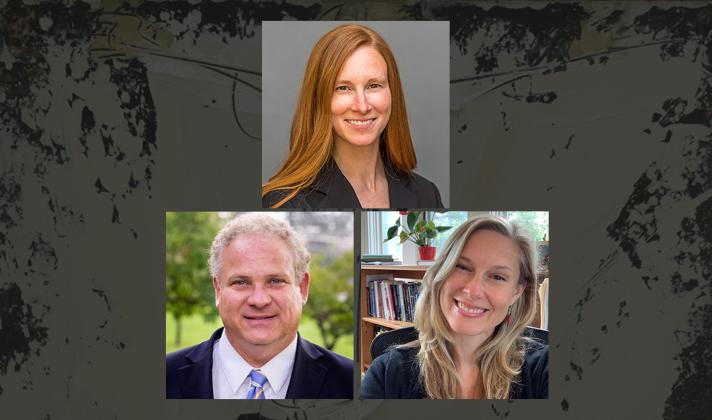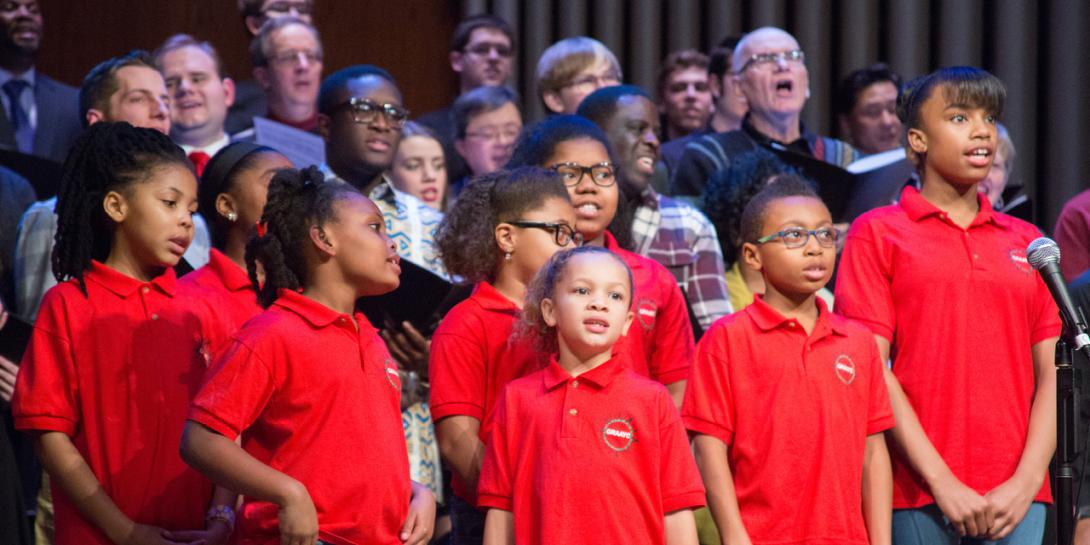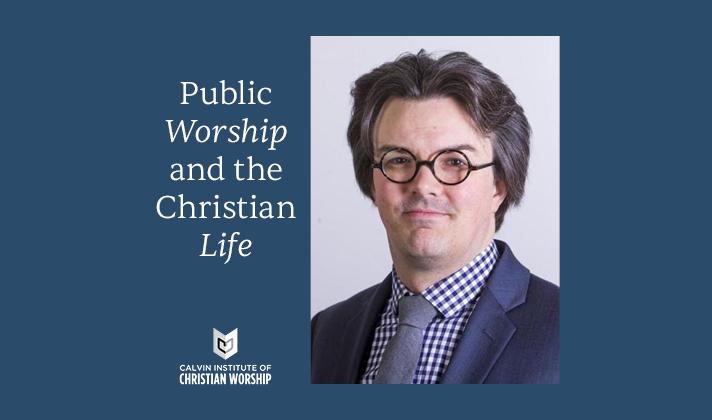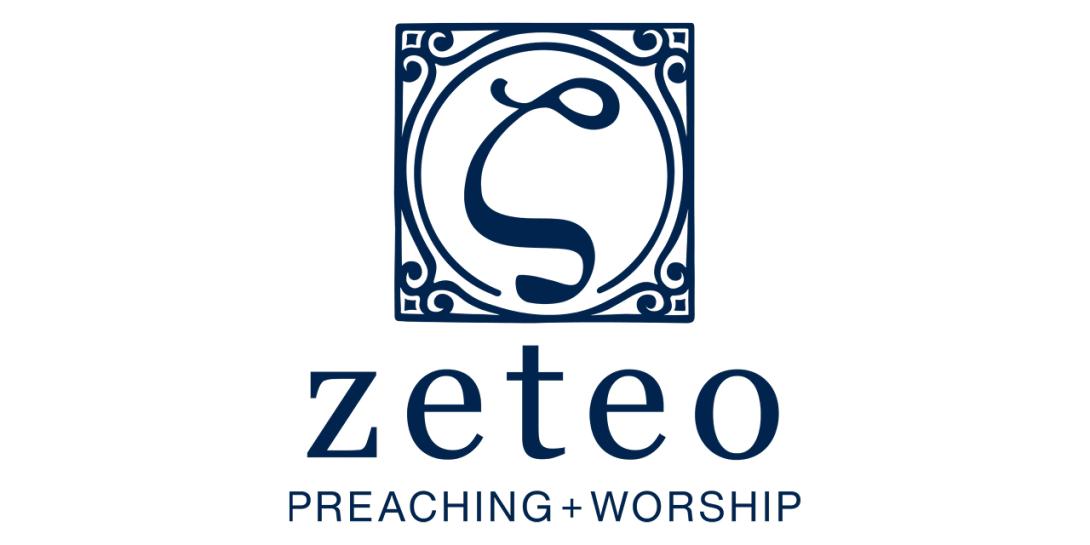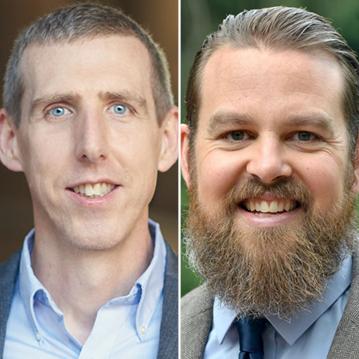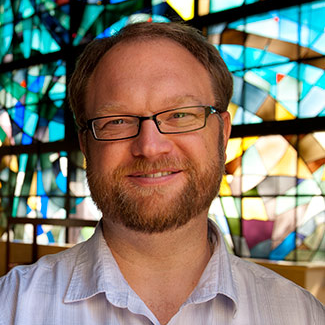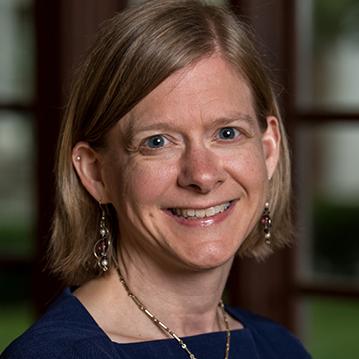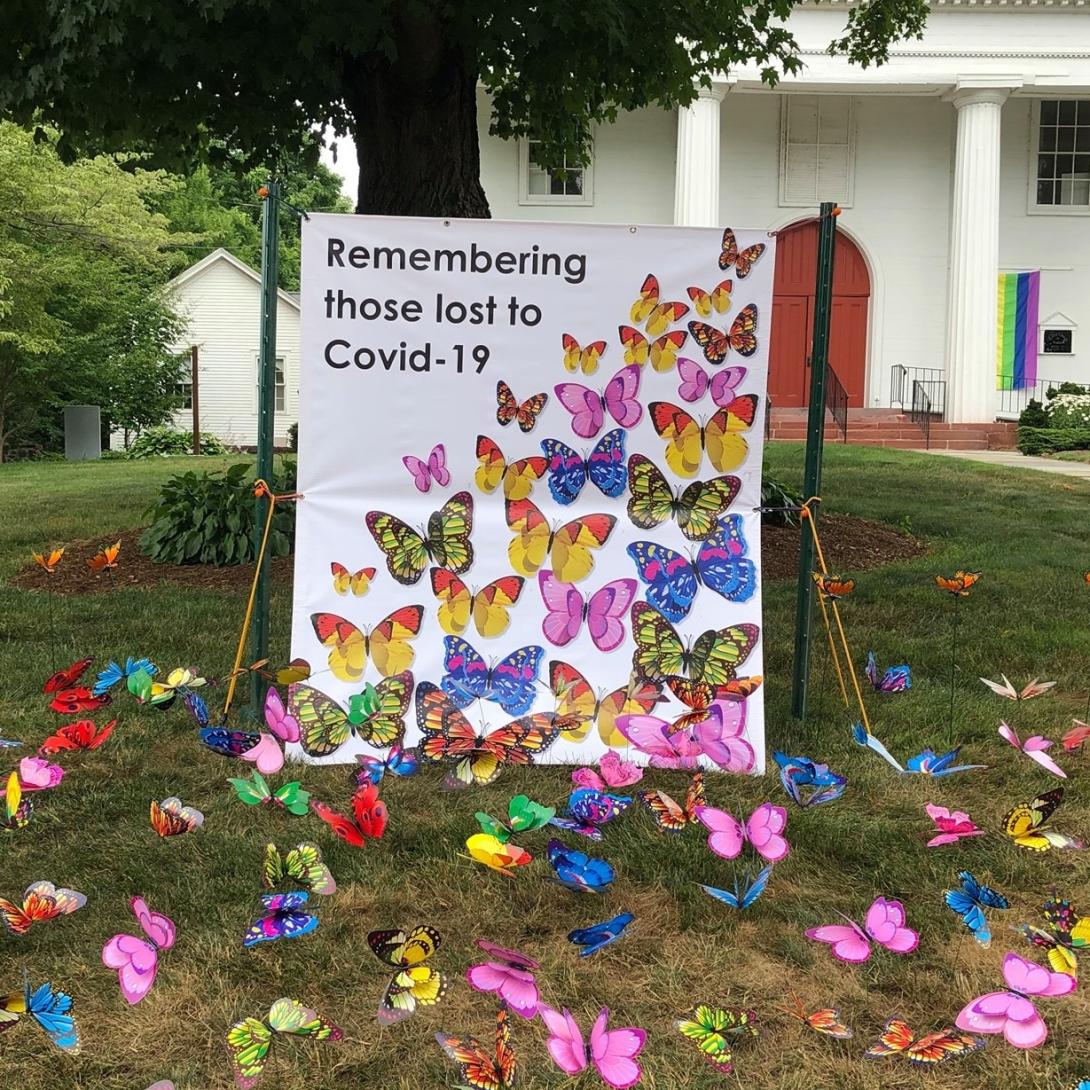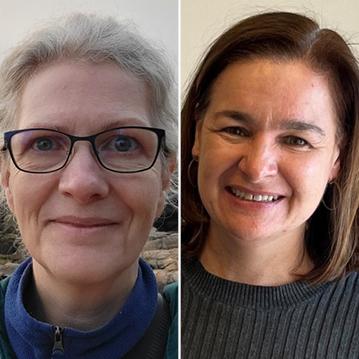Singing for Life: Stories of the Transformative Power of Music in Prison
The Handlon Tabernacle Choir began in 2016 and has grown to more than forty students from the Calvin Prison Initiative at Handlon Correctional Facility in Ionia, Michigan. Originally started to provide music for the program’s special events, the choir has become an opportunity for students to develop their musical skills and explore what it means to find new life in community. This presentation will include stories and reflections from members of the choir and the choir director about the impact of music in prison.
Sharing Hymn Stories Invites Worshipers into Experience
Knowing more about the hymns they are singing helps worshipers feel more connected to God and each other in the universal body of Christ that spans all times and places.
Mark Doerries on the Formative Arc of Children Leading the Church in Song
In this episode, artistic director Mark Doerries tells the emerging story of the Notre Dame Children’s Choir, now ten years old, and the formative process and unifying vision the choir has built as they learn what it means to sing the sacred story of the church across time and space.
Rebecca Snippe on Zeteosearch.org
Preachers, worship leaders, teachers, and others who study the Bible often go online to find resources for their research. Sorting through search results is often frustrating. But Zeteosearch.org—a revamped curated search engine—offers thought-provoking results.
A Coherent Ritual Life
What do our daily habits of home and work have to do with weddings, baptisms, or the Lord’s Supper? Dru Johnson and Cory Willson trace the biblical lines of ritual thinking, from the field, office, and factory to worship in the sanctuary and waters of baptism. Recording from the session held in July 2022.
New Worship Songs for Climate Change and Creation Care
Our 2017 annotated list of worship songs about care for creation remains so popular that we have compiled a new list of worship songs to lament climate change and encourage creation care. Many of these songs and hymns have been released since 2018. Others are new to various English-speaking audiences because they come from international hymnals and organizations.
Nikki Toyama-Szeto on Hoping in God Despite Injustice
Individuals and congregations sometimes despair while working for justice. Sometimes they forget that although God invites us to join in justice work, God remains in charge of changing the world. That’s why it’s crucial for justice seekers to stay rooted in Christian community and worship.
Facing Collective Shame to Tell the Whole Story
Jesus said, "You will know the truth, and truth will make you free [John 8:32]. Yes, truth will set us free—but only if it is the whole truth, the whole story. Honor-and-shame culture teaches us that there’s no story of honor if there’s no story of shame. You don’t bring honor to someone by erasing shame, but by bringing shame into the light.
David Lemley on Becoming What We Sing
David Lemley’s book "Becoming What We Sing: Formation through Contemporary Worship Music" recognizes that contemporary worship music [CWM] helps Christians around the world feel close to God. Lemley looks at whether or how CWM moves worshipers from adoration to participation in the mission of God’s church.
Rebekah Eklund on Practicing Lament
Congregations become more relevant and biblical when they follow the Bible’s lead in bringing lament into worship. Rebekah Eklund’s book "Practicing Lament" shows churches, small groups, and individuals how to voice penitential lament and protesting lament. Learning to practice lament can reconnect people with God and help churches grow in “members of one body” solidarity.
Pandemic Worship Changes Worth Keeping
So much has changed about church worship since the COVID-19 pandemic arrived, soared, waned, and resurges. Those pandemic-forced pivots have created worship opportunities that have helped congregations adapt, find unity amid division, and pursue justice.
A Pastor and Photographer on Creating "God Moments" in Worship
When the pandemic prevented in-person worship, First Church of Windsor, Connecticut, learned how to create liturgical art installations and videos that moved hearts and minds even during virtual and hybrid worship.

